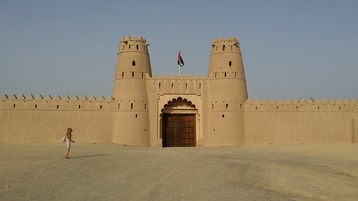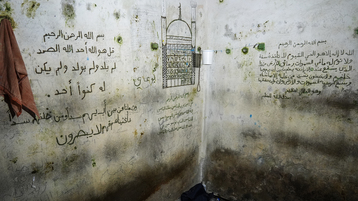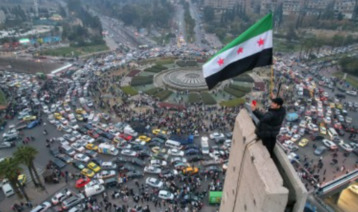-
Why do professional Iranians emigrate abroad (brain drain)?
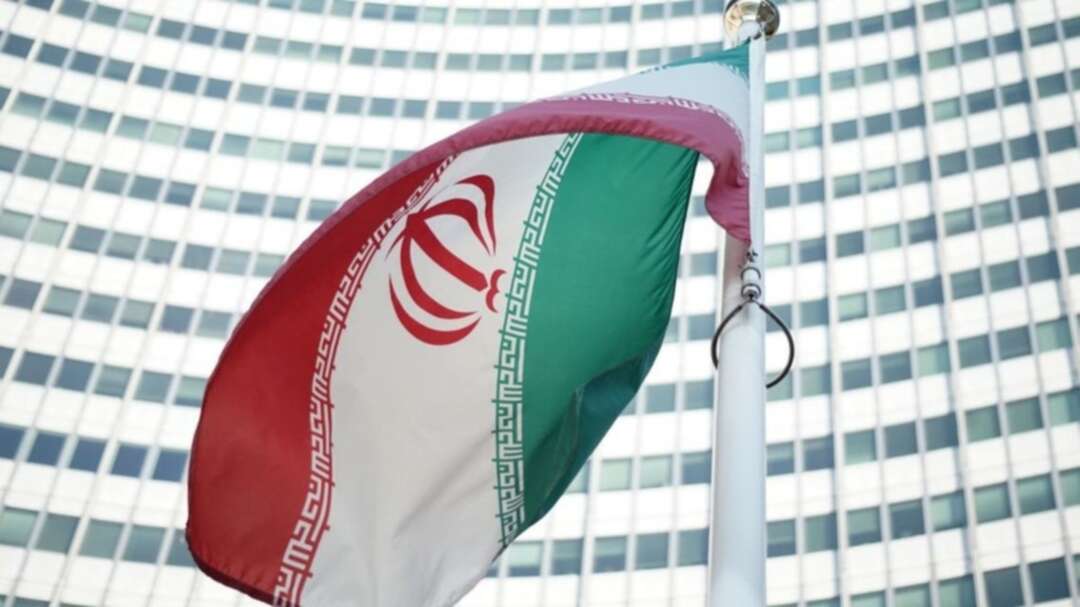
With the deteriorating situation in Iran in the last two years, the complete takeover of government organs by Khamenei's faction and the increase in public dissatisfaction, this statistic has certainly increased, especially because of the Corona outbreak and the regime's inability to deal with the pandemic that has so far killed more than 408,000 people.
Despite such a situation, the Iranian regime does not even care for the country’s medical staff, which is currently most needed. Iran's medical staff are not even paid enough or on time, which has led to a sharp increase in the migration of nurses.
According to reliable sources approximately 500 nurses migrate to other countries every month. Meanwhile, training a nursing expert costs more than one billion tomans ( around $35000).
Basically, brain drain in Iran takes place for three reasons: economic, social, or political.
At the present, all these parameters go hand in hand in Iran. They have caused dissatisfaction among most Iranians so that according to research, 30% of the Iranian population tends to emigrate abroad.
On the one hand, this dissatisfaction can be seen in economic statistics and figures. For example, 80% of people have gone below the poverty line. The middle class has almost vanished, and essential food items such as meat and fruit are off the table for millions of people.
News of strikes by workers and employees who have not been paid for several months can be seen almost daily in the media and has become commonplace. The youth unemployment rate has reached one-third of their population, and there are now plenty of university graduates working as taxi drivers or transporting people by their private car in cities to earn some money.
In Kurdistan province, there are many such educated people who carry smuggled goods on their backs (called Koolbar) between Iran and Iraq, and every month the news of a number of them being killed by border guards is published in the media.
The situation is so bad that nearly a third of the metropolitan population, who can no longer afford to pay the heavy rents within cities, are driven to the outskirts of the cities and live in very poor conditions in shanty towns that lack the minimum living standards such as piped water and electricity, a proper bathroom, etc...
Furthermore, widespread and institutionalized corruption in the government has led to unbelievable class divides between the regime's officials and affiliates and ordinary people.
It has been revealed that regime's officials and affiliates enjoy special privileges to access lower rate foreign currency, which is about one-seventh of the market rate. They sell it in the free market at a much higher price and pocket the gains. That is why Iran is ranked to have the most number of millionaires in the Middle East while ordinary people are in need of minimum provisions for their families!
This situation has caused many young people with no welfare to turn to drugs and become addicted. Cases that were very rare before the 1979 revolution have now become almost commonplace. University students and even high school boys and girls have become addicted to drugs and after a while, quit their education path and turn into street vagabonds and living in dirty street corners and even cemeteries, a phenomenon called cardboard sleepers.
https://t.me/Irann_News_ir/131909
According to the regime's own published statistics, there are currently 4.4 million addicts in Iran which is much lower than the actual number. The same statistics state the number of addicts in the country has doubled in the last 10 years.
Drug distribution centers are, in principle, indirectly connected to Iran Revolutionary Guards Corps (IRGC) and the regime's officials and operate their distribution networks with no fear of arrest and accountability. To cover up its own involvement in such a lucrative operation, every now and then, several addicts and drug dealers are arrested and even executed. But the growing number of addicts clearly shows that drug distribution networks are immune. In fact, obtaining drugs is now cheaper and easier than obtaining some food items.
The severe repression imposed by the regime's repressive apparatus and lack of freedom of expression has prevailed in Iran. Any kind of opposition faces the threat of arrest, imprisonment, physical and psychological torture, and even execution.
During the November 2019 uprising, in which people staged a nationwide protest over the tripling of gasoline prices, security forces and IRGC fired on people at Khamenei's behest, killing 1,500 people in the streets without fear of repercussions, and arrested 12,000 protesters, whom some of them were later executed and some are still in prison.
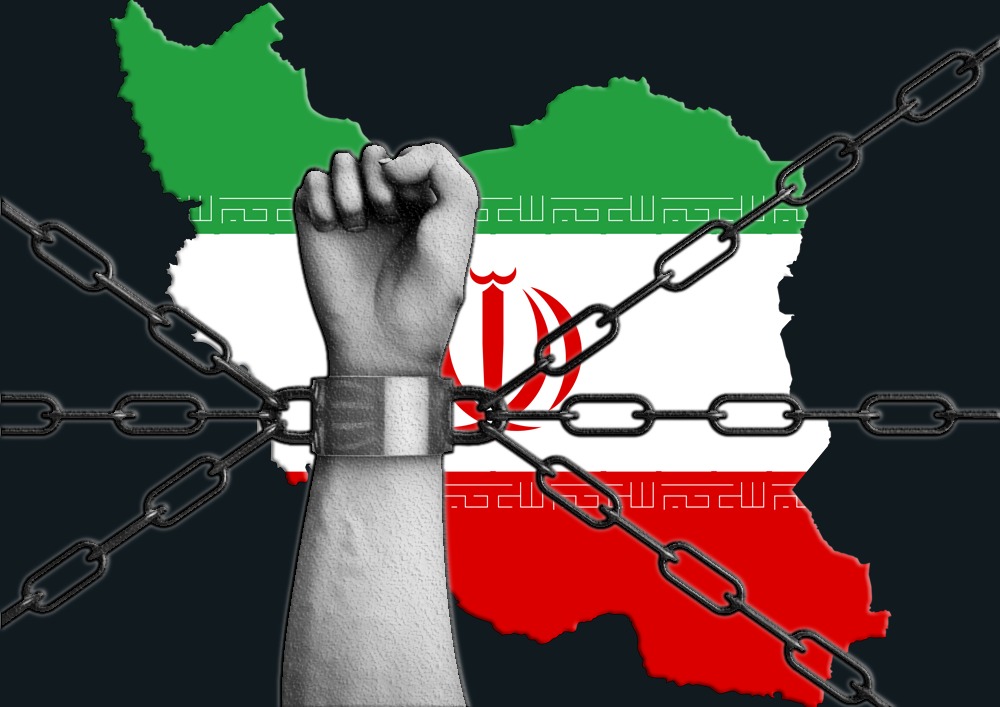 Iran.. brain drain
Iran.. brain drainConsidering the above, it is natural that most educated people, who have worked hard for years, studied and gained experience to have a better life, faced with such conditions, run away from the country to escape from this big prison. But since it is not possible for all these people to emigrate and not all people want to leave Iran, many are looking to change the situation in Iran.
They expressed their opposition to the Khamenei regime in the recent sham presidential election with widespread boycotts. They also express their desire for regime change in nationwide protests and uprisings that are constantly taking place in different cities and provinces. Their chants are directly pointed at the heads of government, especially Ali Khamenei, who is responsible for the whole situation.
At present, Khamenei, with the help of his repressive police force and IRGC has succeeded in cracking down on these protests. However, according to politicians and sociologists familiar with the situation in Iran, this situation cannot continue for long. This resonates with what some of the Iranian officials are saying. The Iranian society is like a ticking bomb that is fast approaching its explosion stage, or according to Ahmadinejad, the former president of the same regime, a flood is on its way that will take everyone away soon.
by: Cyrus Yaqubi
Cyrus Yaqubi is a Research Analyst and Iranian Foreign Affairs Commentator investigating the social issues and economy of the Middle East countries in general and Iran in particular.
You May Also Like
Popular Posts
Caricature
BENEFIT AGM approves 10%...
- March 27, 2025
BENEFIT, the Kingdom’s innovator and leading company in Fintech and electronic financial transactions service, held its Annual General Meeting (AGM) at the company’s headquarters in the Seef District.
During the meeting, shareholders approved all items listed on the agenda, including the ratification of the minutes of the previous AGM held on 26 March 2024. The session reviewed and approved the Board’s Annual Report on the company’s activities and financial performance for the fiscal year ended 31 December 2024, and the shareholders expressed their satisfaction with the company’s operational and financial results during the reporting period.
The meeting also reviewed the Independent External Auditor’s Report on the company’s consolidated financial statements for the year ended 31 December 2024. Subsequently, the shareholders approved the audited financial statements for the fiscal year. Based on the Board’s recommendation, the shareholders approved the distribution of a cash dividend equivalent to 10% of the paid-up share capital.
Furthermore, the shareholders endorsed the allocation of a total amount of BD 172,500 as remuneration to the members of the Board for the year ended 31 December 2024, subject to prior clearance by related authorities.
The extension of the current composition of the Board was approved, which includes ten members and one CBB observer, for a further six-month term, expiring in September 2025, pending no objection from the CBB.
The meeting reviewed and approved the Corporate Governance Report for 2024, which affirmed the company’s full compliance with the corporate governance directives issued by the CBB and other applicable regulatory frameworks. The AGM absolved the Board Members of liability for any of their actions during the year ending on 31st December 2024, in accordance with the Commercial Companies Law.
In alignment with regulatory requirements, the session approved the reappointment of Ernst & Young (EY) as the company’s External Auditors for the fiscal year 2025, covering both the parent company and its subsidiaries—Sinnad and Bahrain FinTech Bay. The Board was authorised to determine the external auditors’ professional fees, subject to approval from the CBB, and the meeting concluded with a discussion of any additional issues as per Article (207) of the Commercial Companies Law.
Speaking on the company’s performance, Mr. Mohamed Al Bastaki, Chairman BENEFIT , stated: “In terms of the financial results for 2024, I am pleased to say that the year gone by has also been proved to be a success in delivering tangible results. Growth rate for 2024 was 19 per cent. Revenue for the year was BD 17 M (US$ 45.3 Million) and net profit was 2 Million ($ 5.3 Million).
Mr. Al Bastaki also announced that the Board had formally adopted a new three-year strategic roadmap to commence in 2025. The strategy encompasses a phased international expansion, optimisation of internal operations, enhanced revenue diversification, long-term sustainability initiatives, and the advancement of innovation and digital transformation initiatives across all service lines.
“I extend my sincere appreciation to the CBB for its continued support of BENEFIT and its pivotal role in fostering a stable and progressive regulatory environment for the Kingdom’s banking and financial sector—an environment that has significantly reinforced Bahrain’s standing as a leading financial hub in the region,” said Mr. Al Bastaki. “I would also like to thank our partner banks and valued customers for their trust, and our shareholders for their ongoing encouragement. The achievements of 2024 set a strong precedent, and I am confident they will serve as a foundation for yet another successful and impactful year ahead.”
Chief Executive of BENEFIT; Mr. Abdulwahed AlJanahi commented, “The year 2024 represented another pivotal chapter in BENEFIT ’s evolution. We achieved substantial progress in advancing our digital strategy across multiple sectors, while reinforcing our long-term commitment to the development of Bahrain’s financial services and payments landscape. Throughout the year, we remained firmly aligned with our objective of delivering measurable value to our shareholders, strategic partners, and customers. At the same time, we continued to play an active role in enabling Bahrain’s digital economy by introducing innovative solutions and service enhancements that directly address market needs and future opportunities.”
Mr. AlJanahi affirmed that BENEFIT has successfully developed a robust and well-integrated payment network that connects individuals and businesses across Bahrain, accelerating the adoption of emerging technologies in the banking and financial services sector and reinforcing Bahrain’s position as a growing fintech hub, and added, “Our achievements of the past year reflect a long-term vision to establish a resilient electronic payment infrastructure that supports the Kingdom’s digital economy. Key developments in 2024 included the implementation of central authentication for open banking via BENEFIT Pay”
Mr. AlJanahi concluded by thanking the Board for its strategic direction, the company’s staff for their continued dedication, and the Central Bank of Bahrain, member banks, and shareholders for their valuable partnership and confidence in the company’s long-term vision.
opinion
Report
ads
Newsletter
Subscribe to our mailing list to get the new updates!






